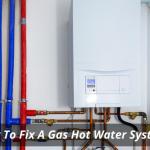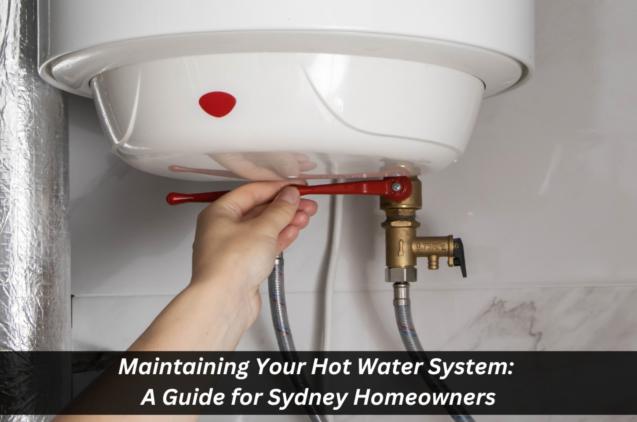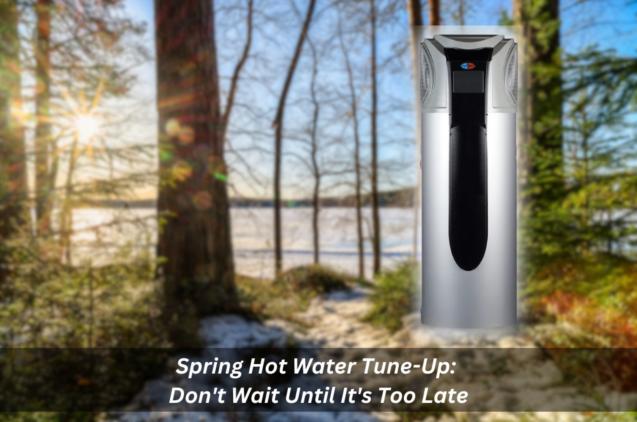
How To Fix A Gas Hot Water System?
By Sydney Hot Water Systems|September 08, 2022
Have you ever considered hiring a professional gas plumber or technician to fix your hot water system? Hot water systems are important because they reduce our energy bills, save us time and conserve resources. They also ensure that no cold showers for days at home.
However, repairing hot water systems is tricky. The main problem is that it requires expertise and experience.
Hiring a professional plumber or technician is highly recommended if you have no previous knowledge regarding plumbing.
The following tips will guide you through how to repair your own hot water system.
Different types of hot water systems
How do the different types of hot water systems work? What are the advantages and disadvantages? How do you know if your current hot water system is working properly? There are many reasons why a hot water tank may not be heating or cooling water.
To help with this, we have provided a list below showing some of the common issues that can occur within a hot water system. It will also show you what the different parts of a hot water system Sydney Broad are and how they work together.
Remember: when it comes to hot water systems, don't DIY! If you want to learn more about how to repair hot water systems, keep on reading.
You must have your hot water system repaired only by a professional to avoid any potential problems.
However, repairing hot water systems is tricky. The main problem is that it requires expertise and experience.
Hiring a professional plumber or technician is highly recommended if you have no previous knowledge regarding plumbing.
The following tips will guide you through how to repair your own hot water system.
- Check the Thermostat Setting
- Turn Off the Gas Connection
- Test Your Water Supply Pressure
- Remove the Back Cover of the Tank & Drain Line
- Clean Out the Drain Pipe
- Replace the Filter
- Adjust the Heater Settings
- Start Using the Hot Water Again
- Call Professional Plumbing Services
- Follow-Up Installation
Different types of hot water systems
How do the different types of hot water systems work? What are the advantages and disadvantages? How do you know if your current hot water system is working properly? There are many reasons why a hot water tank may not be heating or cooling water.
To help with this, we have provided a list below showing some of the common issues that can occur within a hot water system. It will also show you what the different parts of a hot water system Sydney Broad are and how they work together.
Remember: when it comes to hot water systems, don't DIY! If you want to learn more about how to repair hot water systems, keep on reading.
- Gas hot water systems
- Electric hot water systems
- Heat Pump hot water systems
- Solar hot water systems
- Storage tank systems
- Flow hot water systems
You must have your hot water system repaired only by a professional to avoid any potential problems.



